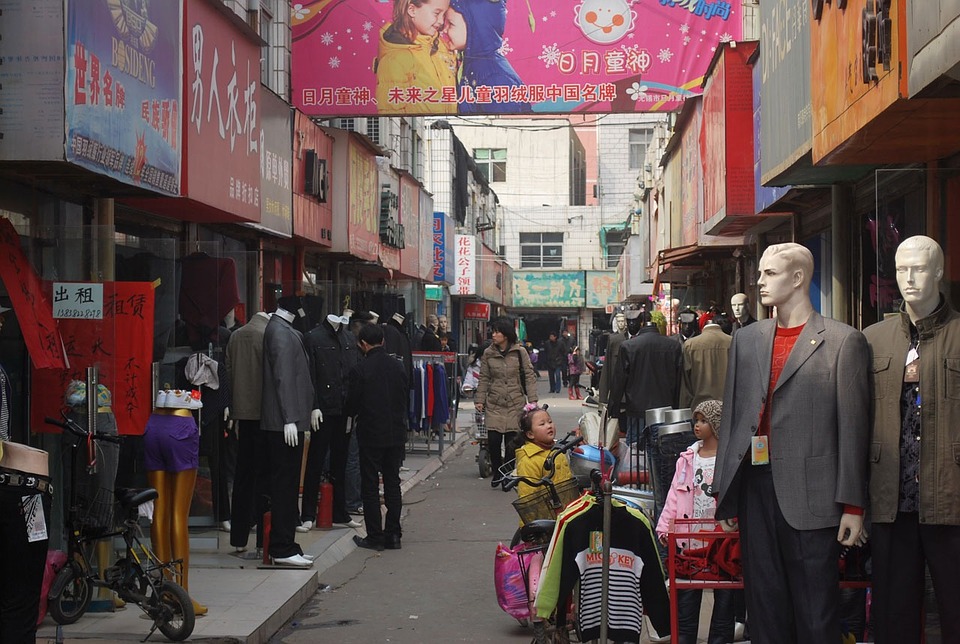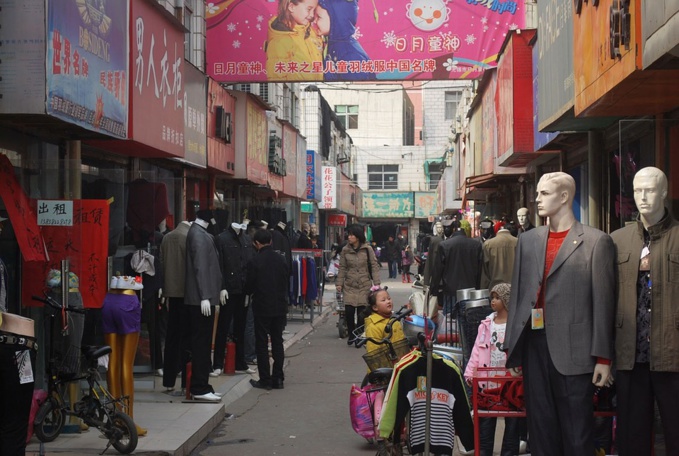Renminbi fell against the dollar by 6%, the euro - 10% in the spring of 2015. Overall, it can reduce profits of producers and sellers of luxury goods by an average of 4%, says Credit Suisse.
During 2015, large difference in prices in Europe and China stimulated Chinese buyers to purchase luxury goods overseas. Chinese citizens are the main consumers of luxury goods in the world: they accounted for 30% of the market in 2015, according to Credit Suisse.
The greatest growth in the market of luxury goods in Europe and Japan was in the II and III quarters of 2015, when the price difference reached its peak. In addition, the price gap encouraged the Chinese to buy goods more, than in a different situation, stressed Credit Suisse.
After a 10% weakening of the RMB, price difference between Europe and China returned to the level of 35%, analysts say: the luxury market growth is becoming less dependent on the Chinese.
The difference in prices is connected with the need to cover the Chinese import duties and taxes on luxury goods, Credit Suisse’s analysts said. However, Chinese authorities have begun to reduce taxes on some products: for example, import duties for goods such as cosmetics and clothing were reduced in June 2015.
Swatch Group and Ferragamo are dependent on Chinese consumers the most. Credit Suisse estimated that every 10% change in exchange rate of the yuan is worth 8 and 6% profit for the two companies, respectively.
The yuan’s devaluation will become a key event for the luxury market in 2016, analysts say.
Earlier, one of the largest companies in this market - Prada - reported a failure revenue in 2015, reminds Financial Times. According to the newspaper, sales in Europe improved thanks to the fact that Chinese tourists took advantage of a weak euro. Yet, it still could not compensate the drop in sales in the Asia-Pacific region and the United States. Prada Group's revenue decreased during 2015 by 0.2% to 3.545 billion euros, while sales in the Asia-Pacific region – by 16%.
Sellers of luxury goods in China would not want to raise prices in proportion to yuan’s devaluation, believes Credit Suisse. They will be careful and prepared to give up part of the gross margin, so as not to scare off potential improvement in demand. Since two-thirds of the price difference goes to cover the various taxes and duties between Europe and China, and only one third remains in the gross margin, the figure in China may drop below the world average level, if the yuan fall down by another 10%, and luxury brands keep their prices steady, argue Credit Suisse’s analysts. Accelerated depreciation should help increase sales in China, as Chinese consumers will go to Europe and Japan less often.
During 2015, large difference in prices in Europe and China stimulated Chinese buyers to purchase luxury goods overseas. Chinese citizens are the main consumers of luxury goods in the world: they accounted for 30% of the market in 2015, according to Credit Suisse.
The greatest growth in the market of luxury goods in Europe and Japan was in the II and III quarters of 2015, when the price difference reached its peak. In addition, the price gap encouraged the Chinese to buy goods more, than in a different situation, stressed Credit Suisse.
After a 10% weakening of the RMB, price difference between Europe and China returned to the level of 35%, analysts say: the luxury market growth is becoming less dependent on the Chinese.
The difference in prices is connected with the need to cover the Chinese import duties and taxes on luxury goods, Credit Suisse’s analysts said. However, Chinese authorities have begun to reduce taxes on some products: for example, import duties for goods such as cosmetics and clothing were reduced in June 2015.
Swatch Group and Ferragamo are dependent on Chinese consumers the most. Credit Suisse estimated that every 10% change in exchange rate of the yuan is worth 8 and 6% profit for the two companies, respectively.
The yuan’s devaluation will become a key event for the luxury market in 2016, analysts say.
Earlier, one of the largest companies in this market - Prada - reported a failure revenue in 2015, reminds Financial Times. According to the newspaper, sales in Europe improved thanks to the fact that Chinese tourists took advantage of a weak euro. Yet, it still could not compensate the drop in sales in the Asia-Pacific region and the United States. Prada Group's revenue decreased during 2015 by 0.2% to 3.545 billion euros, while sales in the Asia-Pacific region – by 16%.
Sellers of luxury goods in China would not want to raise prices in proportion to yuan’s devaluation, believes Credit Suisse. They will be careful and prepared to give up part of the gross margin, so as not to scare off potential improvement in demand. Since two-thirds of the price difference goes to cover the various taxes and duties between Europe and China, and only one third remains in the gross margin, the figure in China may drop below the world average level, if the yuan fall down by another 10%, and luxury brands keep their prices steady, argue Credit Suisse’s analysts. Accelerated depreciation should help increase sales in China, as Chinese consumers will go to Europe and Japan less often.



















